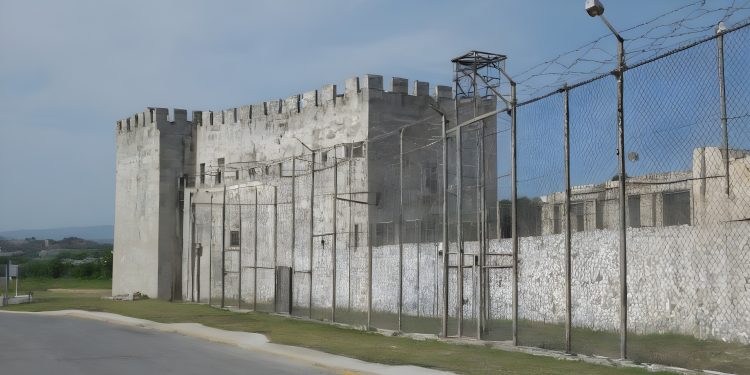An Indian-origin couple residing in the UK has been convicted of orchestrating the export of over half a tonne of cocaine to Australia, a scheme intercepted by Australian Border Force officials in Sydney back in May 2021. Arti Dhir, 59, and Kavaljitsinh Raijada, 35, both from Hanwell in Ealing, were identified by investigators from the National Crime Agency (NCA) as the masterminds behind the operation.
The couple’s extradition was sought by India, highlighting the transnational nature of the criminal enterprise. The NCA’s investigation revealed that Dhir and Raijada were linked to a front company responsible for shipping the drugs to Australia. The cocaine, valued at 57 million pounds, was concealed within metal toolboxes and transported via a commercial flight from the UK.
Upon interception, authorities discovered a staggering 514 kilos of cocaine concealed within the toolboxes. The sheer quantity of drugs underscores the scale of the operation orchestrated by Dhir and Raijada. The street value of the cocaine in Australia far exceeded its price in the UK, with wholesale prices reaching up to 110,000 pounds per kilo compared to around 26,000 pounds in the UK.
Dhir and Raijada vehemently denied their involvement in exporting cocaine and subsequent money laundering charges. However, a jury at Southwark Crown Court found them guilty on 12 counts of exportation and 18 counts of money laundering following a trial.
The conviction of Dhir and Raijada underscores the collaborative efforts of law enforcement agencies across borders to combat international drug trafficking networks. The case serves as a stark reminder of the serious consequences faced by those involved in illicit drug trade, irrespective of their geographic location or nationality.
The sentencing of Dhir and Raijada at Southwark Crown Court marks a significant milestone in the fight against organized crime and demonstrates the commitment of authorities to hold perpetrators accountable for their actions. The outcome of the trial sends a strong message to individuals involved in drug trafficking operations, reaffirming that such criminal activities will not go unpunished.
As the legal proceedings unfold, the case serves as a sobering reminder of the need for continued vigilance and cooperation among law enforcement agencies worldwide to disrupt and dismantle transnational criminal networks. The successful prosecution of Dhir and Raijada represents a significant victory in the ongoing battle against drug trafficking and organized crime.











